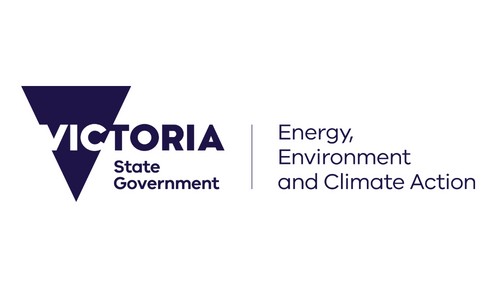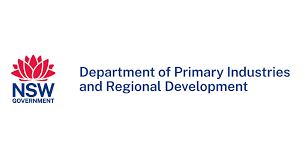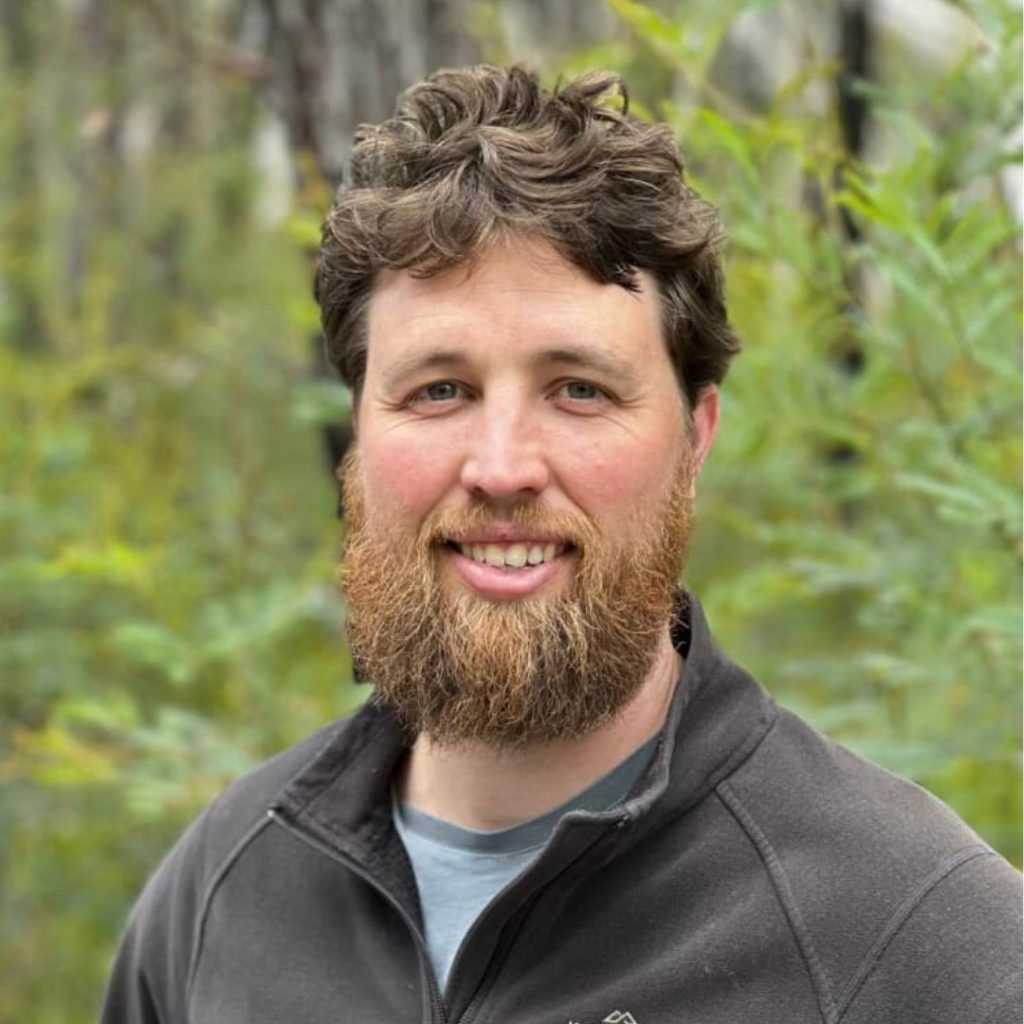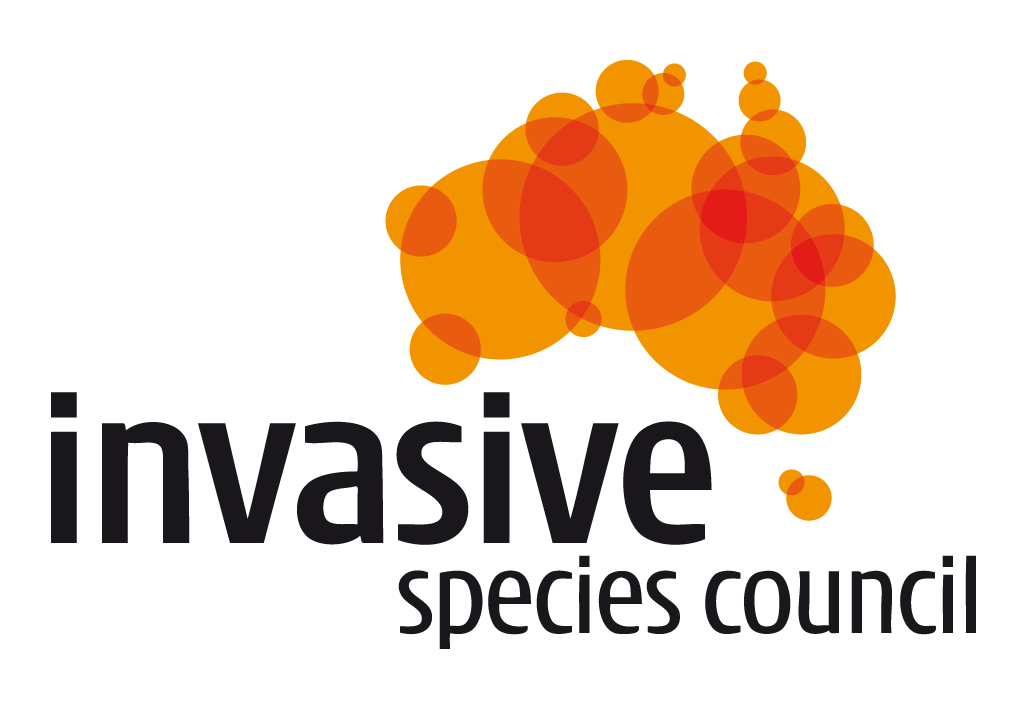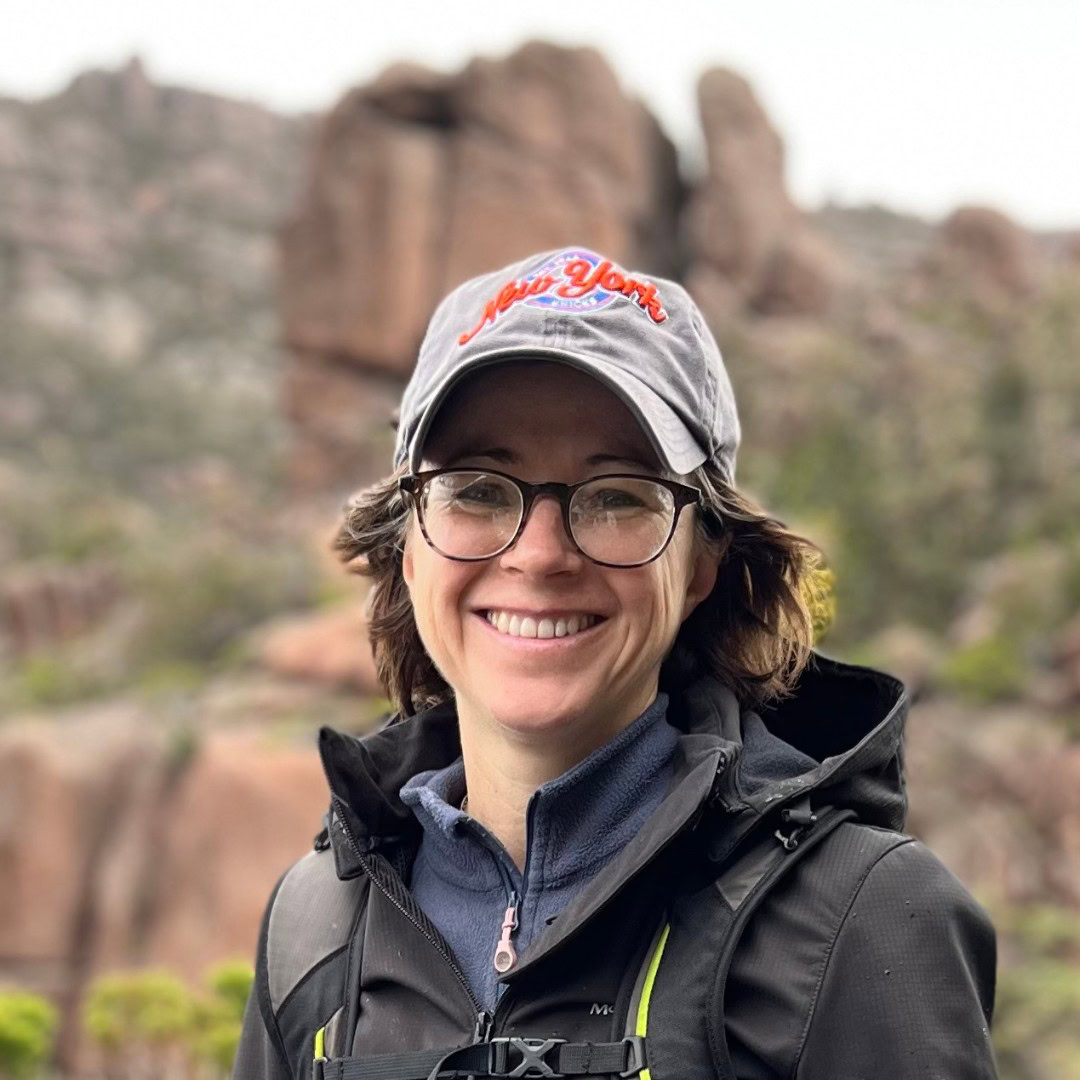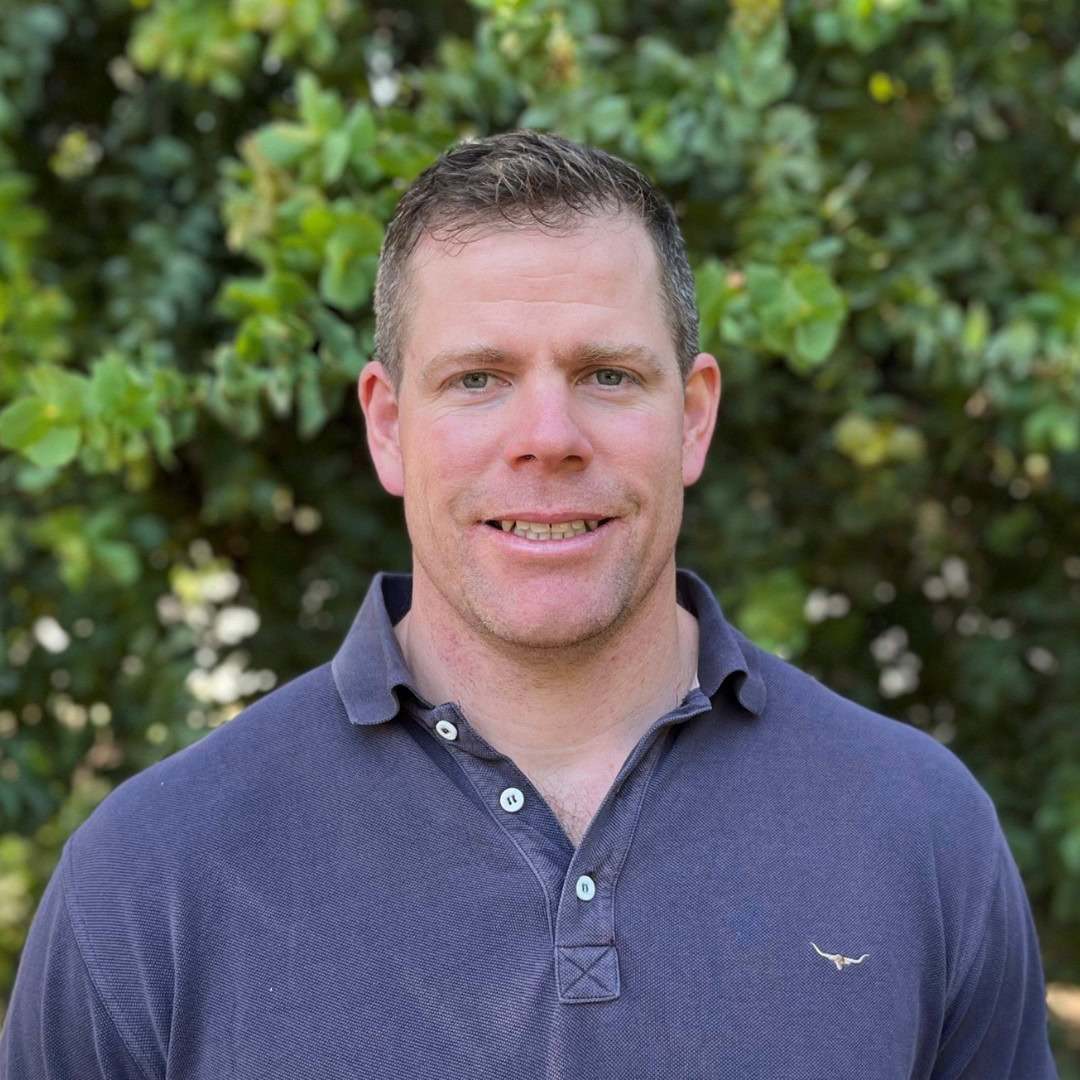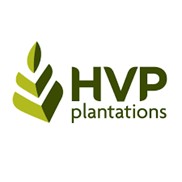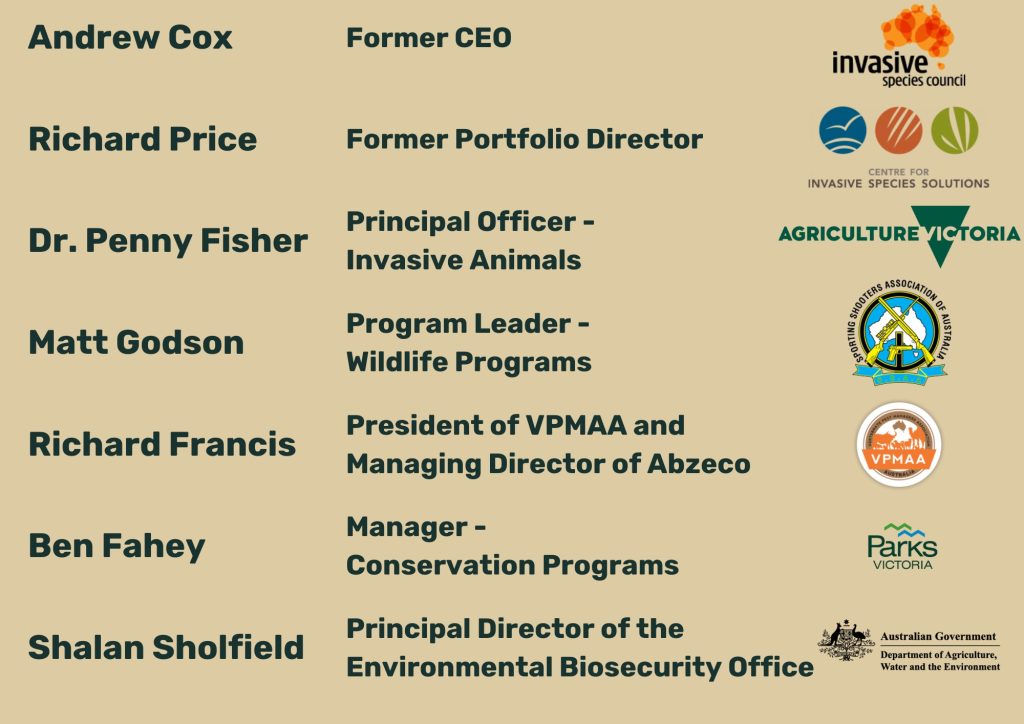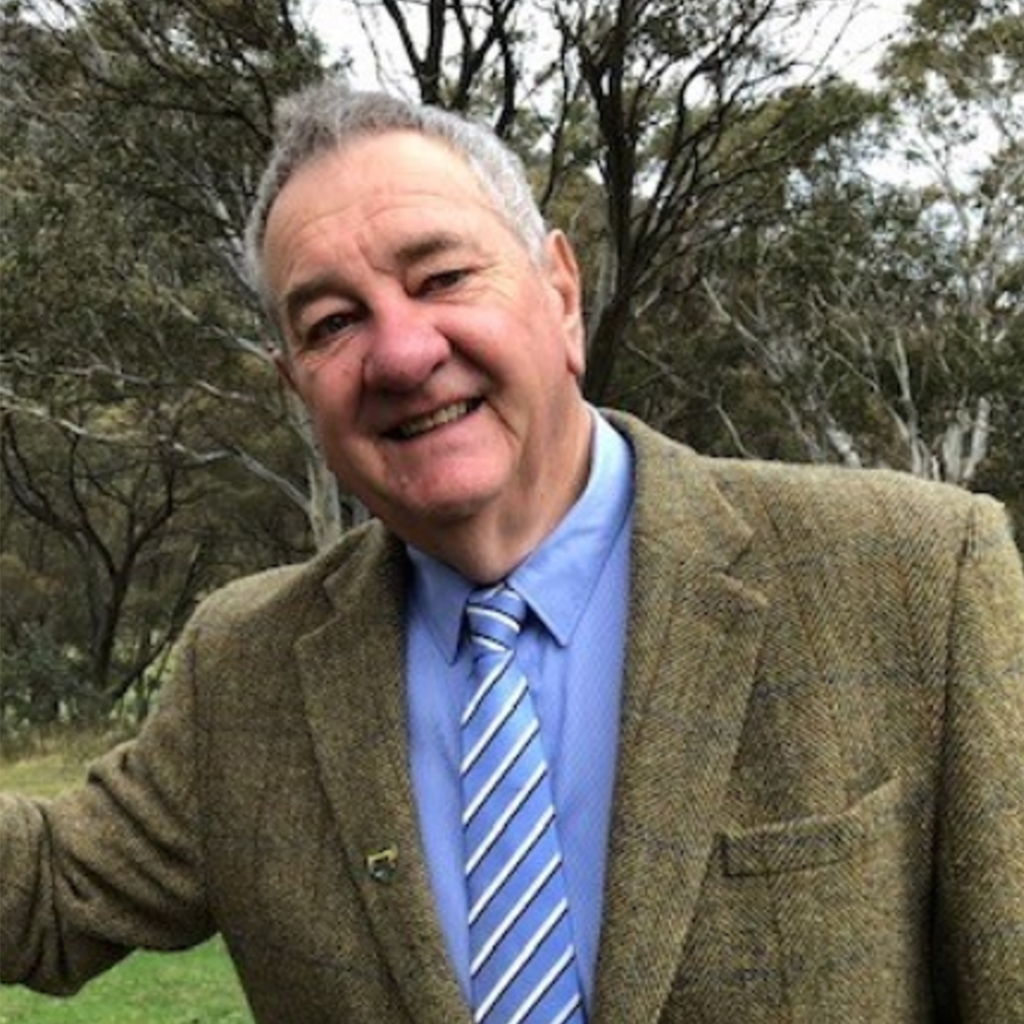
Ted Rowley
Chimney Ridge Farm Moonbah, NSW
Feral deer are our major business risk posing a significant biosecurity management challenge for us. Our biosecurity planning is compromised by the presence of feral deer. Production, environmental and community safety concerns also arise from feral deer presence. For example, we cannot establish tree or grassland areas because of the need to protect areas established from grazing and browsing by feral deer for up to 14 years with 2 metre high fences.
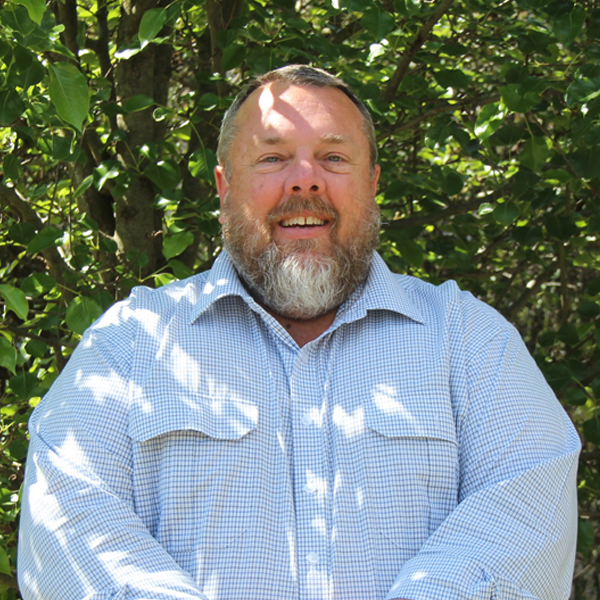
Tony Buckmaster
Principal RD&E Manager
CISS is a collaborative not-for-profit, member-based organisation formed to address the impact of invasive animals and plants across Australia. The Centre has been extensively involved in research to better understand the impacts of feral deer and develop best practice management techniques to reduce the damage they cause.
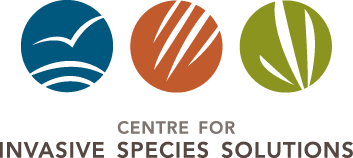

Dr Tony Pople
Invasive Plants & Animals Research
Biosecurity Queensland works closely with local governments, communities and other stakeholders to minimise the economic, environmental and social impacts of wild deer. Wild deer are increasing in abundance and spreading in Queensland, requiring the development of strategies, tools and an improved understanding of their ecology and impacts for their management.



